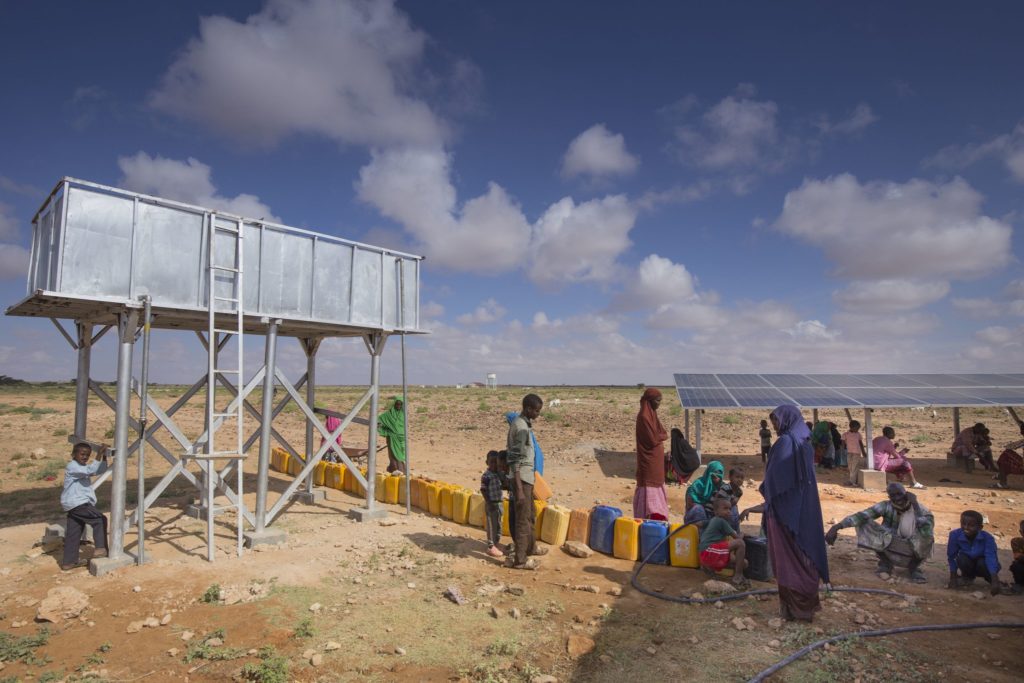The humanitarian situation in Somalia is dire and the country is struggling to cope with the triple effect of COVID-19, the desert locust infestation and flooding, drought has also been declared in the country.
Iman Abdullahi: CARE SOMALIA/SOMALILAND COUNTRY DIRECTOR
“We are greatly worried about the current funding situation in Somalia, at a time when the country is facing the triple threat of COVID-19, the desert locust infestation and flooding, funding for the humanitarian response is only 25% funded and at its lowest in 6 years. We fear the worst if the country does not get urgent funding to scale up responses. According to the UN, if the current response is not sustained, 1 million people will not receive their monthly food assistance reversing recent food security and nutrition gains, more than 1.7 million people will not have access to safe water and lack adequate sanitation and over 205,500 people, including girls and boys, will not benefit from protection services. CARE reached over 2 million people with lifesaving assistance in 2020 and we are aiming to provide more assistance to affected communities but this can only be achieved with support from our partners and relevant stakeholders, without early funding, humanitarian partners will be unable to address the situation, and progress achieved over the last decade will be destroyed. The cost of inaction is high!”
Despite facing escalating food insecurity due to unreliable rainfall patterns and locust infestations, heightened conflict and increased displacement, Somalia is facing the worst funding constraints seen in more than half a decade, the International Rescue Committee has warned.
In a statement on Monday, the organization said 2.9 million displaced persons may soon lack food, education, water, health, sanitation, protection and shelter services if humanitarian organizations fail to get adequate funding.
Abdirizak Ahmed, the organization’sacting country director, said almost half of the Somali population of 12.3 million risks losing access to life-saving and life-sustaining services in the last half of 2021 due to lack of funding.
“Nearly half of the 5.9 million people in need of humanitarian assistance are displaced from their homes and since January alone, more than half a million people have fled their homes, with 66 percent fleeing insecurity and elections-related violence,” Ahmed said.
“Without additional funding in the last half of 2021, 1million people with acute food needs will miss out on food assistance,” he said.
